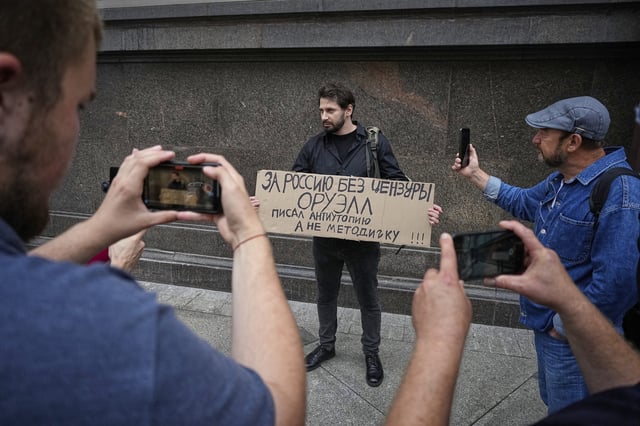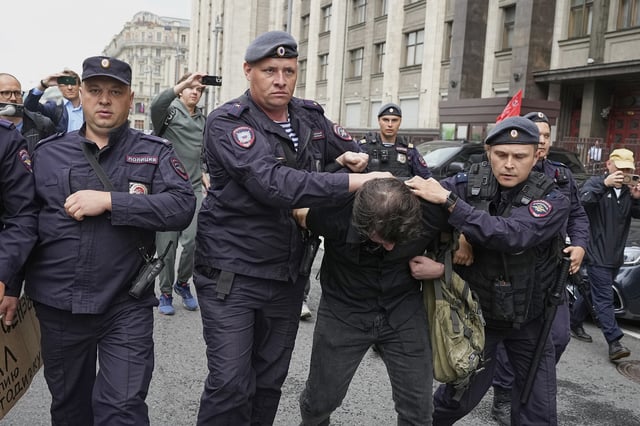Overview
- The law levies fines up to 5,000 rubles on individuals who intentionally search for or access content listed as extremist.
- The Justice Ministry’s registry contains more than 5,000 items ranging from opposition posts and Pussy Riot writings to LGBT rights materials and songs praising Ukraine.
- Advertising for virtual private network services will be prohibited and VPN use may be treated as an aggravating factor in related investigations.
- Details on how authorities will detect violators remain undefined, with observers citing internet provider data and random checks of search histories as possible methods.
- Critics from opposition figures to some pro-Kremlin voices warn the measure will chill free expression and amount to punishment for ‘thought crimes.’



